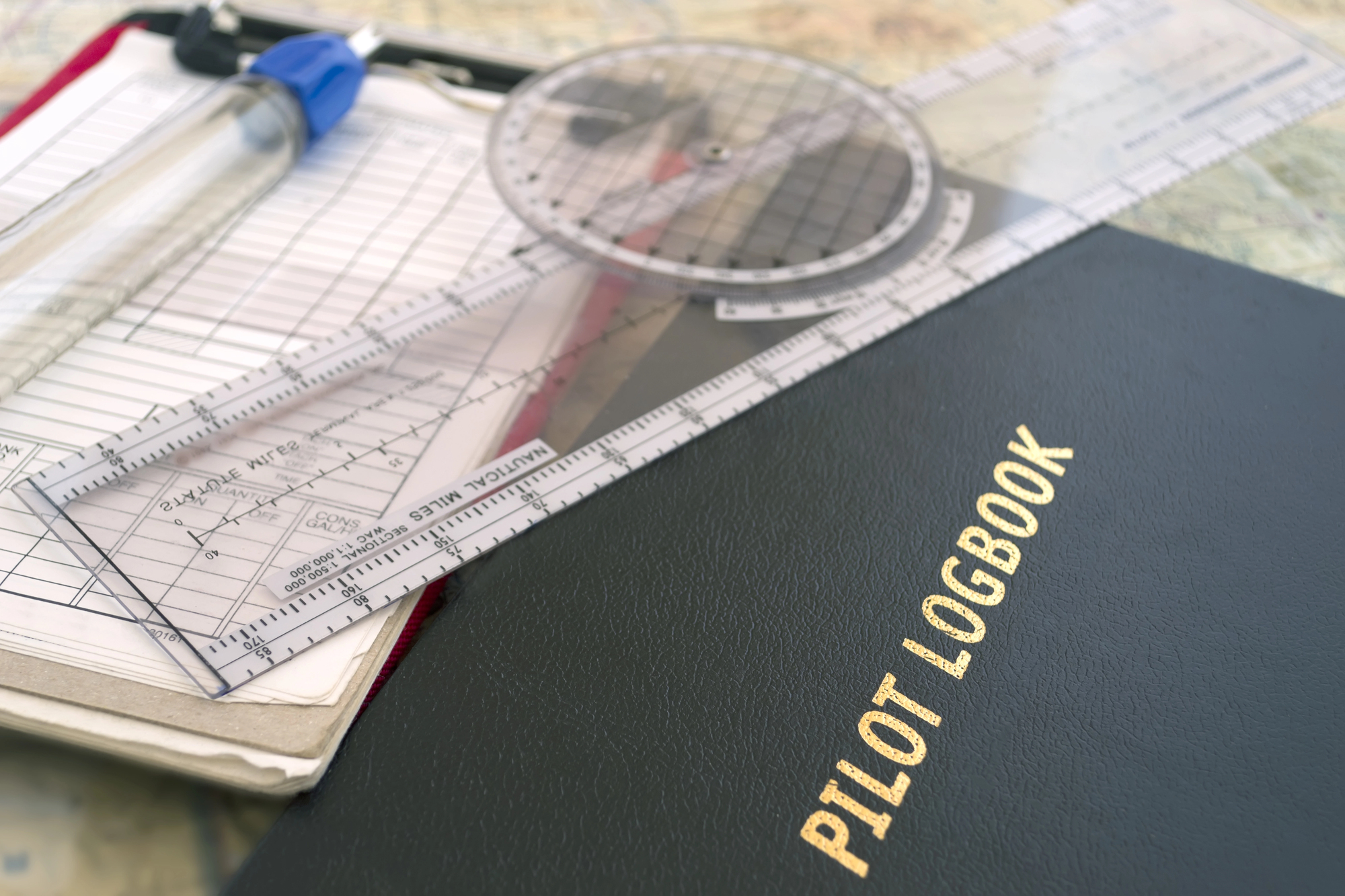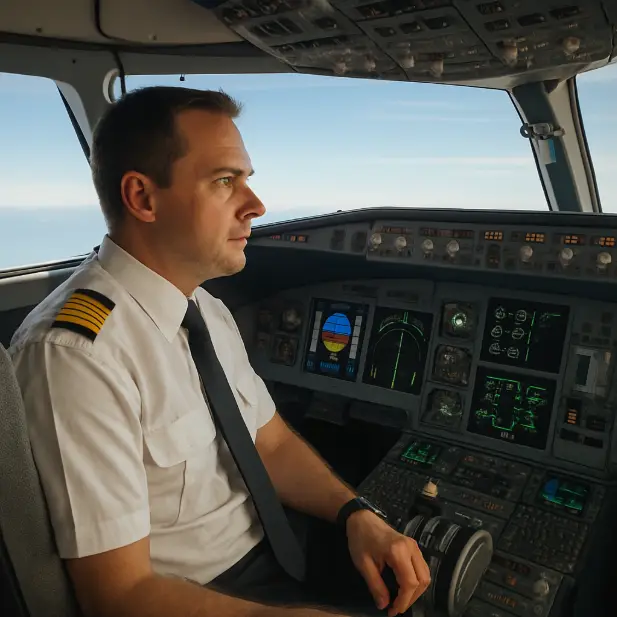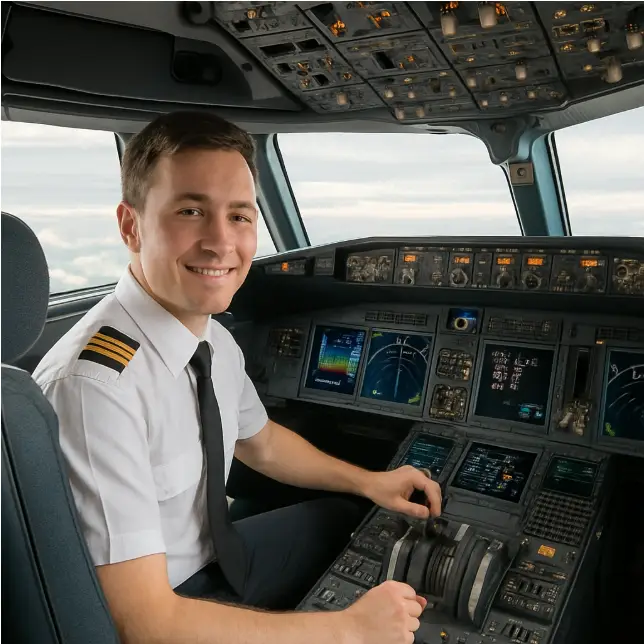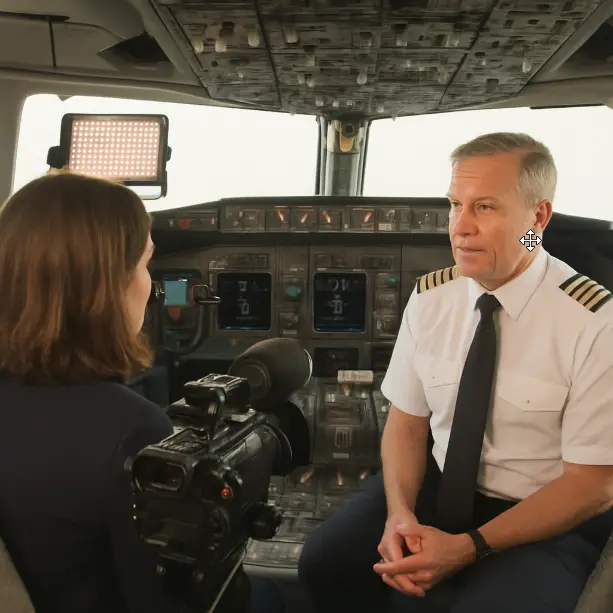Logbook Lies and Dodging Rookie Traps in 2025

- aviatorpro_6714
Logbook Lies and Dodging Rookie Traps in 2025
In the high-flying world of aviation, commercial pilots are tasked with the crucial responsibility of ensuring safe and efficient flights. However, the journey from rookie to seasoned pilot is fraught with potential pitfalls. As we venture into 2025, it’s essential for budding aviators to be aware of common mistakes like logbook lies and toga fails, which can derail their careers before they even take off. Navigating the complexities of the aviation industry demands not only technical skills but also a strong foundation of ethical practices and a commitment to ongoing professional development.
The competitive nature of the aviation field means that new pilots must be particularly vigilant in avoiding errors that could jeopardize their future. Mistakes such as inaccurate record keeping or mishandling critical flight procedures are not just minor oversights; they can have significant repercussions. As the industry evolves with new technologies and stringent safety standards, understanding these rookie traps becomes even more critical for aspiring pilots looking to establish themselves in this prestigious field.
The Importance of Accurate Record Keeping
Why Logbooks Matter
Logbooks are more than just a record of flight hours; they serve as a testament to a pilot’s experience and competence. For commercial pilots, maintaining an accurate logbook is paramount. Not only do they track progress and proficiency, but they are also scrutinized during job interviews and regulatory audits. Any discrepancies can lead to serious consequences, including job loss or disqualification from flying. The detailed records contained within a logbook provide a comprehensive overview of a pilot’s career, demonstrating both their range of experience and their commitment to maintaining industry standards.
Moreover, logbooks play a critical role in career advancement. As pilots seek new opportunities or promotions, potential employers will closely examine these records to assess the candidate’s suitability for advanced roles. A well-maintained logbook reflects a pilot’s dedication to their craft and their understanding of the importance of transparency and accuracy. In a field where trust and reliability are paramount, the logbook serves as both a personal milestone tracker and a professional resume.
The Temptation of Logbook Lies
Despite the importance of accurate record keeping, some rookies fall into the trap of falsifying their logbooks. Whether it’s inflating flight hours or fabricating experience, these “logbook lies” can have dire repercussions. In an industry that prioritizes safety and integrity, honesty is non-negotiable. Employers and regulatory bodies have sophisticated methods of verifying logbook entries, and getting caught can be career-ending. The temptation to exaggerate experience often stems from the pressure to stand out in a competitive job market, yet the risks far outweigh any perceived short-term benefits.
The consequences of falsifying logbook entries extend beyond personal career setbacks. Such actions can tarnish the reputation of the institutions and organizations associated with the pilot, potentially leading to broader industry scrutiny. Regulatory bodies are increasingly leveraging advanced technology and data analytics to cross-check logbook entries against flight records, making deceit easier to detect. Ultimately, the integrity of the aviation profession relies heavily on the honesty of its practitioners, and upholding this standard is crucial for maintaining public trust and safety.
Avoiding Toga Fails: Understanding Takeoff and Go-Around Procedures
Mastering the Basics
A “toga fail” refers to errors during the takeoff and go-around (TOGA) procedures. These are critical phases of flight where precision and skill are required. As a rookie pilot, mastering these maneuvers is essential to ensuring safety and maintaining a professional reputation. The TOGA phase demands a comprehensive understanding of aircraft systems, precise execution of procedures, and the ability to make quick decisions under pressure, all of which are crucial for a pilot’s development.
Training programs emphasize the importance of mastering takeoff and go-around techniques, often using simulators to replicate real-world scenarios. This hands-on approach allows pilots to develop the muscle memory and situational awareness needed to handle these critical phases efficiently. Furthermore, understanding the mechanics behind TOGA procedures helps pilots anticipate potential issues and react swiftly, reducing the likelihood of errors that could compromise safety.
Common Mistakes and How to Avoid Them
- Lack of Preparation: Failing to thoroughly prepare for takeoff can lead to critical errors. Pilots must ensure they understand the aircraft’s performance data, weather conditions, and any potential hazards. Comprehensive pre-flight preparation is essential for anticipating challenges and developing contingency plans, which are vital for safe operations.
- Improper Throttle Management: Mismanaging engine power during takeoff can result in unstable climbs or aborted takeoffs. Pilots should practice smooth throttle control to maintain optimal climb rates. Regular training and simulations can help reinforce proper throttle management techniques, ensuring pilots can maintain control during these high-stakes moments.
- Inadequate Situation Awareness: During go-around procedures, pilots must remain vigilant and aware of their surroundings. This includes monitoring altitude, airspeed, and potential obstacles. Developing strong situational awareness skills is crucial for making informed decisions quickly and avoiding potential hazards. Continuous practice and feedback from experienced colleagues can significantly enhance a pilot’s ability to maintain situational awareness during critical phases of flight.
By focusing on these areas, rookie pilots can avoid toga fails and build a foundation of safe flying practices. A commitment to ongoing training and adherence to established protocols will not only prevent common errors but also instill confidence in new pilots as they advance in their careers.
Building a Culture of Safety and Integrity
The Role of Mentorship
Mentorship plays a crucial role in helping new pilots navigate the complexities of their careers. Experienced pilots can provide invaluable guidance on maintaining accurate logbooks and mastering essential flight procedures. By fostering a culture of openness and support, the aviation community can help rookies avoid common traps. Mentors offer insights from their own experiences, helping to demystify the challenges and expectations new pilots face, while encouraging ethical practices and continuous learning.
Mentorship programs also serve as a platform for new pilots to seek advice and share concerns without fear of judgment. This open dialogue is instrumental in building a supportive network where safety and integrity are prioritized. By connecting with seasoned pilots, rookies can gain a deeper understanding of the industry’s standards and practices, fostering a culture of excellence that benefits the entire aviation community.
The Importance of Continuous Learning
The aviation industry is constantly evolving, with new technologies and regulations emerging regularly. Pilots must commit to lifelong learning to stay current with industry standards. This includes participating in training sessions, attending workshops, and staying informed about the latest developments in aviation safety. Continuous education ensures that pilots remain adaptable, capable of implementing new practices, and responsive to changes in the aviation landscape.
In addition to formal training, pilots should seek out opportunities for self-directed learning, such as reading industry publications, engaging in online forums, and collaborating with peers. This proactive approach to education not only enhances individual skills but also contributes to a broader culture of innovation and improvement within the aviation sector. Embracing continuous learning is essential for pilots to maintain their competitive edge and ensure the highest standards of safety and efficiency in their operations.
Conclusion: Navigating the Skies with Confidence
As the aviation industry continues to grow, the demand for skilled commercial pilots will only increase. By understanding the significance of accurate record keeping and mastering critical flight procedures, rookie pilots can dodge common traps and soar to new heights in their careers. Embracing a mindset of safety, integrity, and continuous learning will ensure that the next generation of pilots is well-equipped to navigate the skies with confidence. The challenges and opportunities of the future aviation landscape require a commitment to excellence and a dedication to upholding the principles that define the profession.
In conclusion, avoiding logbook lies and toga fails is not just about adhering to regulations; it’s about building a successful and reputable career in aviation. By taking these lessons to heart, new pilots can set themselves on a path to success in 2025 and beyond. The road to becoming a seasoned pilot is not without its challenges, but with the right mindset and support, rookies can transform potential pitfalls into opportunities for growth and achievement.



